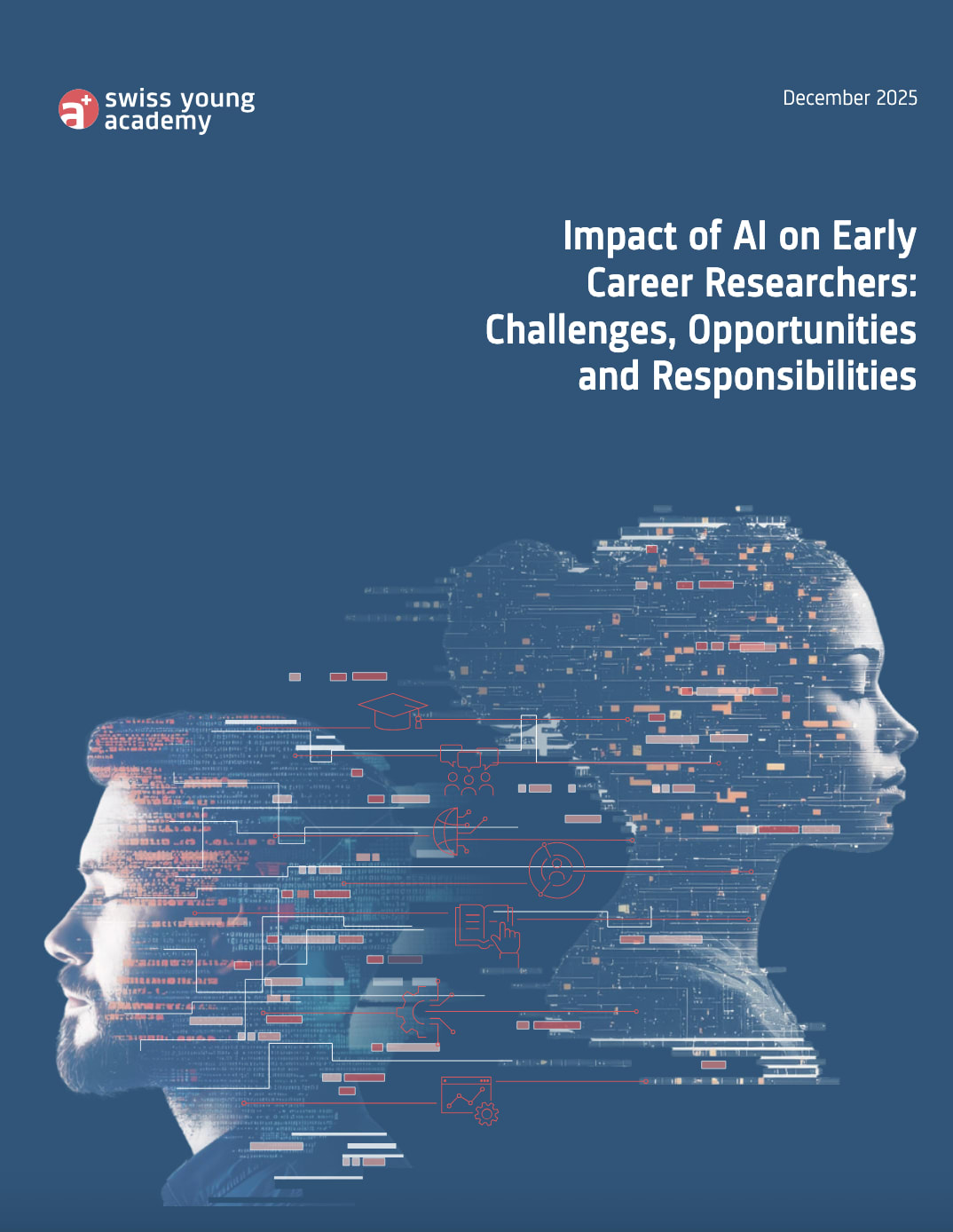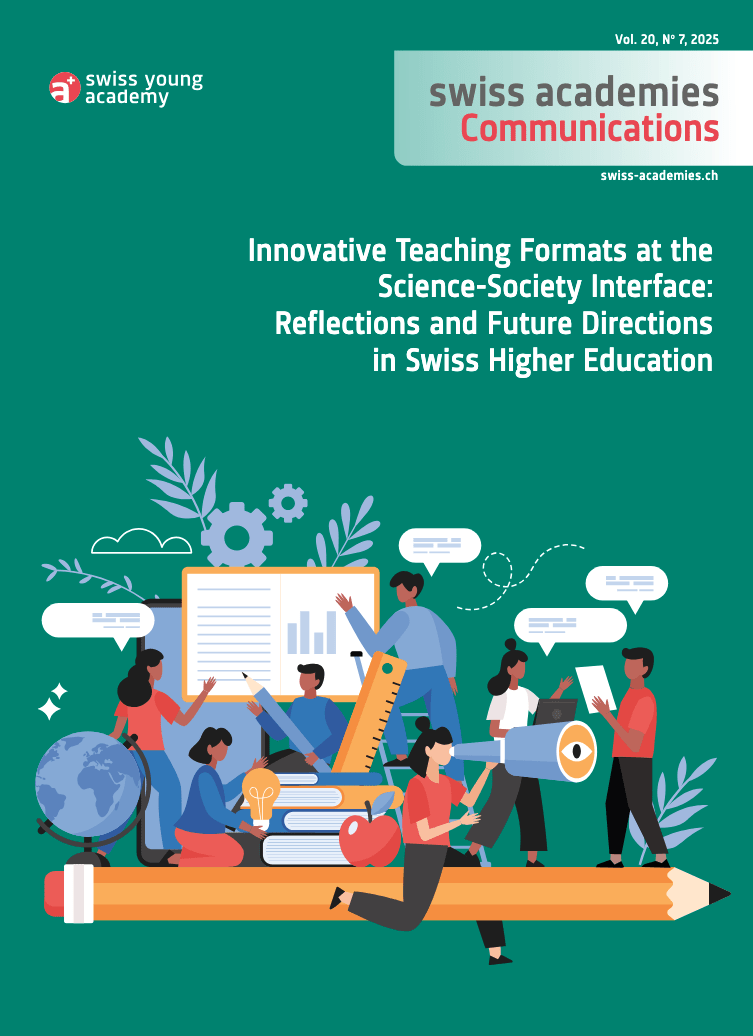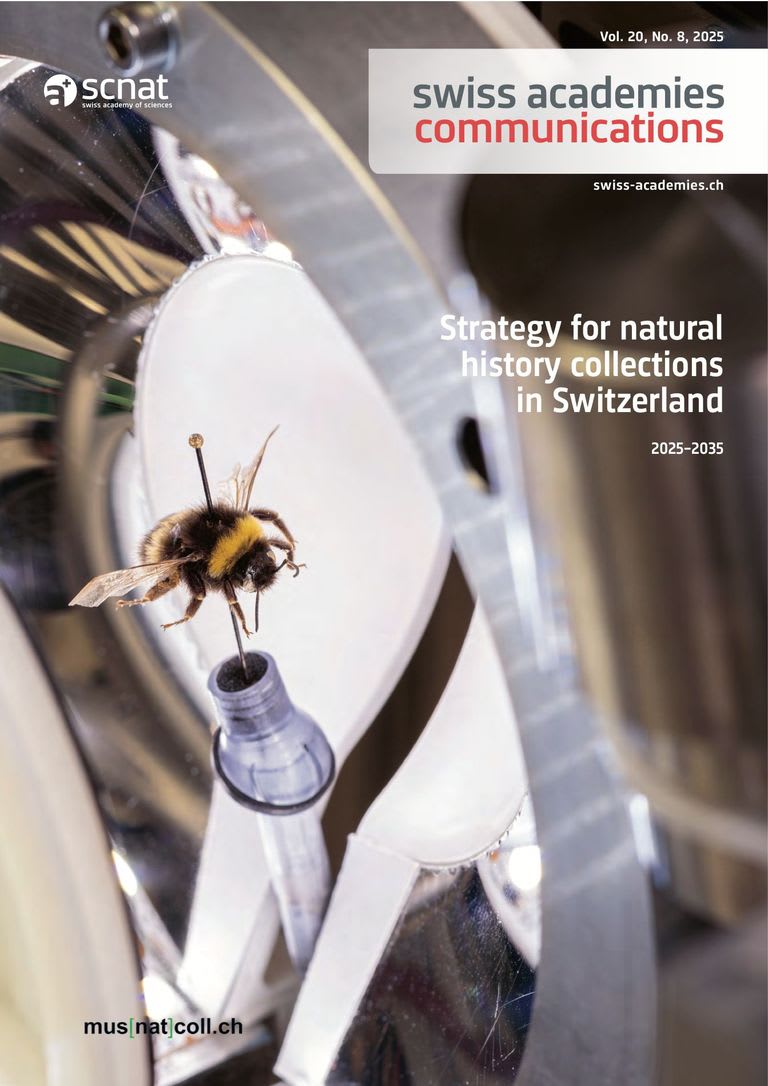Swiss Academy of Medical Sciences SAMS
Klinisches Mentorat für Pflegeexpertinnen und Pflegeexperten MSc
SWISS ACADEMIES COMMUNICATIONS, VOL. 15. NO 1, 2020
Das Berufsprofil «Nurse Practitioner», das in den USA und in Kanada vor über 50 Jahren entstand, ist im Schweizer Gesundheitssystem noch wenig verbreitet. Die Berufsleute bedürfen klinischer und fachlicher Kompetenzen, die mitunter im klinischen Mentorat erworben und vertieft werden. Bis genügend erfahrene Peers diese Aufgabe wahrnehmen können, übernehmen vorwiegend erfahrene Ärztinnen und Ärzte das klinische Mentorat.
Die von der SAMW in Auftrag gegebene Studie zeigt, wie dieses Mentoring mit neuen Ausbildungsaufgaben für Ärztinnen und Ärzte einhergeht und wie es die interprofessionelle Zusammenarbeit verändert. Auf der Basis einer Literaturanalyse und zahlreichen Experteninterviews haben Prof. Iren Bischofberger et al. Empfehlungen für die Bildung, die Praxis und die Politik abgeleitet.
Bischofberger I, Käppeli A, Essig S, Gysin S (2020) Klinisches Mentorat für Pflegeexpertinnen und Pflegeexperten MSc. Stand der Diskussion und Erfahrungen aus der Praxis. Swiss Academies Communications 15 (1).




